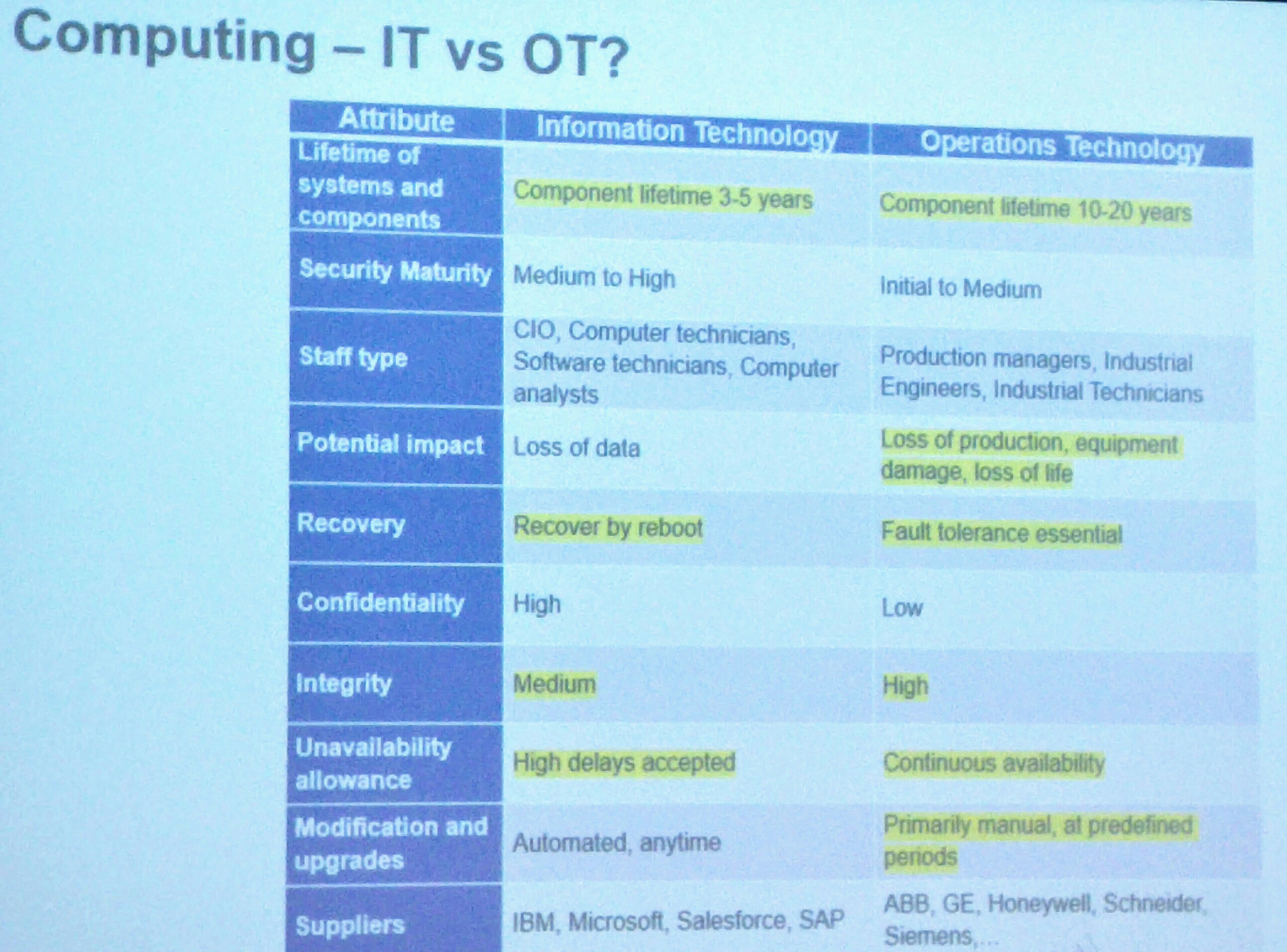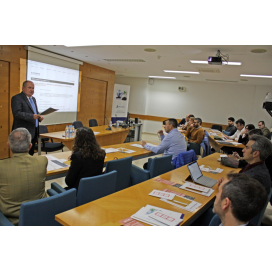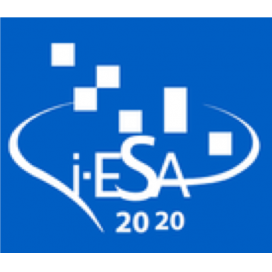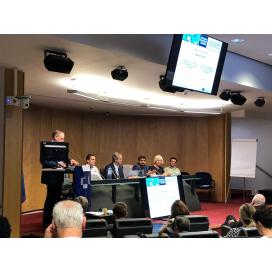On 17 October 2018, EFFRA (European Factories of the Future Research Association), ECSO (European Cyber Security Organisation) and the European Commission’s DG Connect co-hosted a workshop addressing current cybersecurity trends and challenges in manufacturing environments. The discussion reflected on the needs and requirements for secure and resilient manufacturing environments, and after several research and innovations projects with a focus on cybersecurity in manufacturing were presented, a summary of future requirements and pathways for the integration of cybersecurity in existing systems was given.
ECSO presented relevant priorities in manufacturing including their latest SRIA (Strategic Research and Innovation Agenda) programme for the period 2021-2027. In addition, ECSO emphasised a recent proposal for a Regulation establishing the European Cybersecurity Industrial, Technology and Research Competence Center and the Network of National Coordination Centres (for more: https://bit.ly/2yVYxCe) which would be one of the initiatives for NIMBLE to watch in the future.
The meeting closed with a breakout session on cybersecurity challenges for Industry 4.0, and we split into two groups discussing cybersecurity challenges in the context of (i) dynamic supply chains (Chris Decubber, EFFRA) and (ii) the factory floor (Ulrich Seldeslachts. L-SEC). Both sessions were followed by short reports and concluding remarks. Some interesting aspects related to cybersecurity in dynamic supply chains, as a concept envisioned in NIMBLE, are:
- smart tradeoffs between simplicity and functionality of manufacturing platforms including the costs to secure and deliver data,
- security metrics and models to represent platform functionalities, KPIs and changing contexts of dynamic supply chains.




